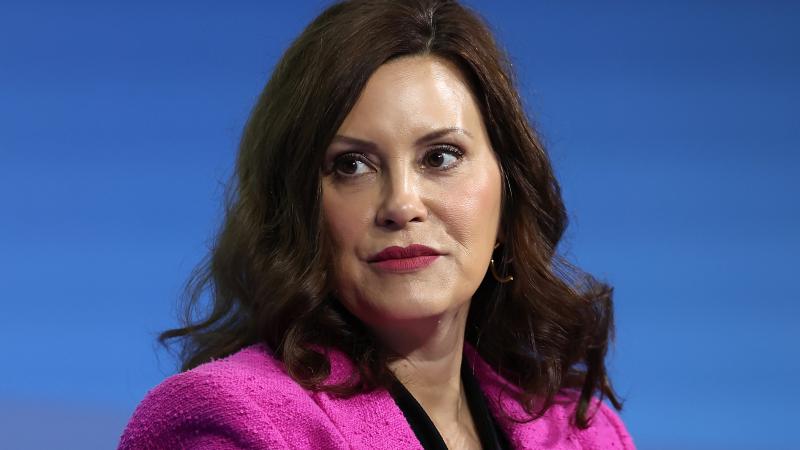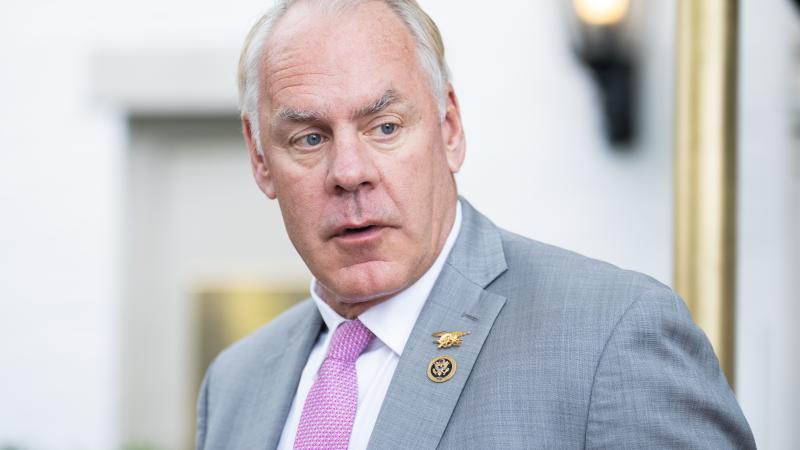Virginia Republicans faltered on messaging, finance, turnout in 2023, analysis finds
The failure of Virginia Republicans was one of many GOP disappointments in that cycle for which pundits across the political spectrum blamed abortion. Months later, election analysis from Torchlight Strategies suggests the issue was merely one of many.
Virginia Republican Gov. Glenn Youngkin pulled off an upset victory over former Democratic Gov. Terry MacAuliffe, in 2021, resuscitating the Old Dominion GOP after years of the commonwealth drifting leftward. The 2023 midterms, however, the party failed to win either chamber in the state legislature, dashing hopes of implementing a more conservative agenda.
The failure of Virginia Republicans was a disappointment for the party and cast doubt on the viability of a 15-week abortion ban that Youngkin supported as a moderate position. Months later, election analysis from John Rogers, Co-Founder of Torchlight Strategies, suggests abortion was merely one of many fronts on which the GOP fell short that affected the final results.
Prior to the contest, Democrats held the Virginia Senate with 22 of its 40 seats while Republicans held 18, meaning the GOP needed to flip at least three seats to claim the chamber. Republicans held the majority the House of Delegates. When the elections concluded, the GOP posted a net gain of one seat in the Senate, resulting in a 21-19 Democrat-Republican split. In the House, Democrats came away with 51 seats to the GOP's 49.
Here are some of the key findings from Rogers's post-mortem of the Republican effort.
Messaging
The Supreme Court's reversal of Roe v. Wade in 2022 meant that abortion restrictions featured prominently in the election cycle to a greater degree than in decades past and Youngkin attempted to rally the GOP behind a limited 15-week abortion ban. Though Republicans were generally united in messaging on the subject, it did not rank as the top issue candidates addressed on the trail, especially in terms of advertisements.
Rogers found that 45% Republican ads focused on crime, with the subject attracting plurality focus for the GOP. By contrast roughly 60% of Democratic ads addressed abortion as a hot-button issue.
Republican's less than vigorous response to Democratic attack ads often proved critical, the group found. Of the three competitive Senate races, the only race the Republican won saw the candidate, now-Sen. J.D. Diggs, SD-24, directly combat Democratic attacks on abortion in his own ads. On the House side, two Republicans in competitive contests ran ads pushing back on abortion, with one securing a win. In House District 97, Karen Greenhalgh pushed back on the issue, but was outspent by $1.7 million.
It was a different story for Kim Taylor in HD-82. Taylor rejected Youngkin's 15-week abortion ban and invested resources in attacking Democratic positions on abortion, ultimately outspending her opponent in the process and claiming the win.
Early voting turnout
"Low propensity voters" refers to individuals who are eligible to vote but have a history of infrequent participation in elections, often skipping midterms, primaries, or even general elections. Democrats on the whole appeared to be more successful at turning out their lower propensity voters during early voting. Among their supporters, 15% were low propensity, 78% mid-propensity, and 7% high-propensity. For the Republicans, the figures skewed the other way, with 10% low-propensity, 71% mid-propensity, and 19% high-propensity. Compounding that trend was the higher rate of Republican supporters who voted in primaries. Fifty-three percent had primary voting history, while for the Democrats that figure was 43%.
Spending
Rogers identified three key Senate races and seven pivotal House contests that decided control of the chambers. Republicans won just one of the Senate races and only two of the House contests. Democrats outspent the GOP in two of the three races, doing so by an average of $300,000. Of the House seats the GOP lost, the party was outspent on average by $605,000.
Ben Whedon is an editor and reporter for Just the News. Follow him on X.
















